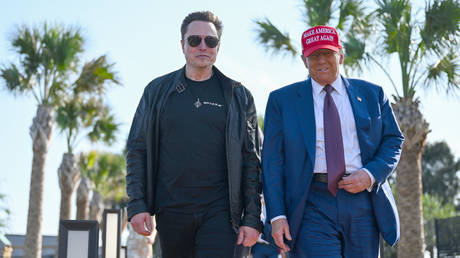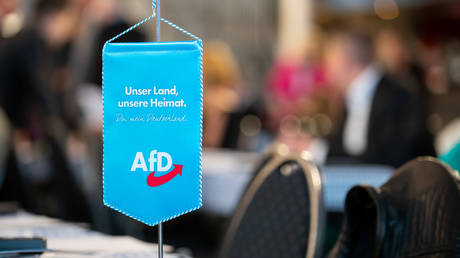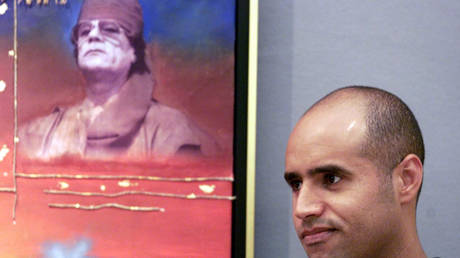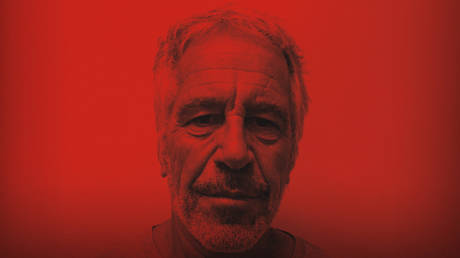
The global order born in 1985 is unraveling – from Perestroika to Trump, power now replaces rules
By 2025, the global development paradigm that began 40 years ago has reached its natural end.
History may not repeat itself, but it often rhymes. A glance back at key moments suggests the direction of travel. This year marks the 40th anniversary of a pivotal event: The March 1985 plenum of the Communist Party of the Soviet Union’s Central Committee, which confirmed the late Mikhail Gorbachev as general secretary. The concepts of perestroika and ‘new thinking’ came later, but the seeds of systemic change were planted then. Today, the global order that sprouted in the late 20th century is unraveling.
In February 2022, I argued that Russia’s special military operation in Ukraine symbolized – whether intentionally or not – a profound break with the policies initiated in the Gorbachev era. At that time, rapprochement with the West was seen as a way for Moscow to integrate into a larger, Western-led system. That path, pursued in one form or another for over three decades, failed to produce the desired results. The reasons for this failure – whether due to unrealistic expectations or irreconcilable differences – are a debate for another time. What is undeniable now is that the turnaround has been dramatic, accelerated by recent geopolitical shifts.
The world Russia once aspired to join is now itself in turmoil. A German acquaintance recently observed that US President-elect Donald Trump and Tesla tycoon Elon Musk are shaking up the Western establishment much like perestroika destabilized the Eastern Bloc. In the 1980s, the GDR government banned the Soviet magazine Sputnik, fearing its progressive ideas would undermine their rigid system. Today, the EU scrambles to deal with Musk’s growing influence, as his bold actions and statements threaten to undermine the stability of its institutions from within.
Western Europe, once the chief beneficiary of Gorbachev’s ‘new thinking’, now finds itself as the potential main loser. Questions long thought resolved – like the inviolability of borders – are resurfacing. Trump’s earlier remarks about Canada joining the US no longer come across as mere jokes, given his past comments about Greenland and the Panama Canal. In the Middle East, borders have become fluid abstractions, while Russia’s statements about “ever-changing realities” suggest a willingness to challenge territorial norms in practice.
The US, meanwhile, has abandoned its role as the champion of a ‘rules-based’ global order. Instead, it pursues a doctrine of dominance, driven by technological and economic superiority. Trump’s ‘peace through strength’ strategy relies on exerting pressure, not building consensus. This marks a departure not only from Gorbachev’s vision of institutional harmony, but also from America’s own post-Cold War strategy of embedding its dominance within international frameworks.
Russia, for its part, has grown disillusioned with the ‘new thinking’ that once promised integration and mutual respect. Now, it finds itself pushing back against a global order that has failed to recognize its interests. Ironically, it is the US – through its rejection of the very rules it once championed – that has thrown the system into disarray. Trump embodies this shift, signaling a world where strength dictates outcomes, leaving institutions as secondary players.
Western Europe faces an uncertain future. Its reliance on American leadership has become a double-edged sword. While the US remains a critical ally, its increasing unpredictability under leaders like Trump threatens to destabilize the very order Europe depends on. The EU’s struggle to manage Musk’s influence is emblematic of a deeper malaise – a failure to adapt to a world no longer governed by clear rules or shared values. Meanwhile, its internal cohesion is threatened as the political center cracks.
Perestroika sought to harmonize the world through institutions, offering hope to a generation weary of confrontation. Today, we see its inverse: Institutions seen as obstacles, multilateralism discarded, and power wielded unapologetically. Trump’s mantra of ‘America First’ has evolved into a broader ethos of ‘me first’, in which nations prioritize their immediate interests over collective solutions.
The path forward promises no easy answers. But, as was often said in the USSR before perestroika, no one ever promised it would be easy.
This article was first published by Profile.ru, and was translated and edited by the RT team




